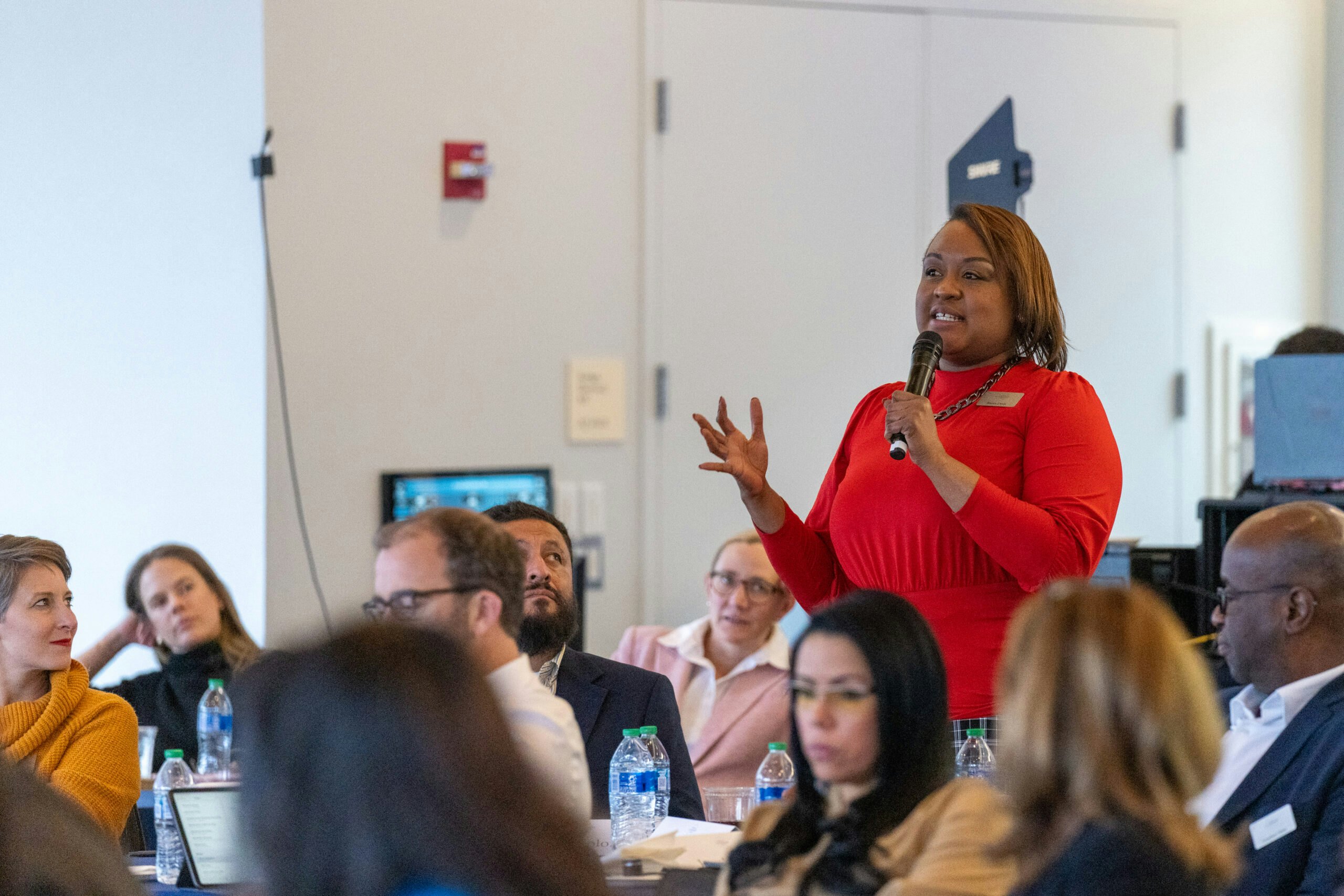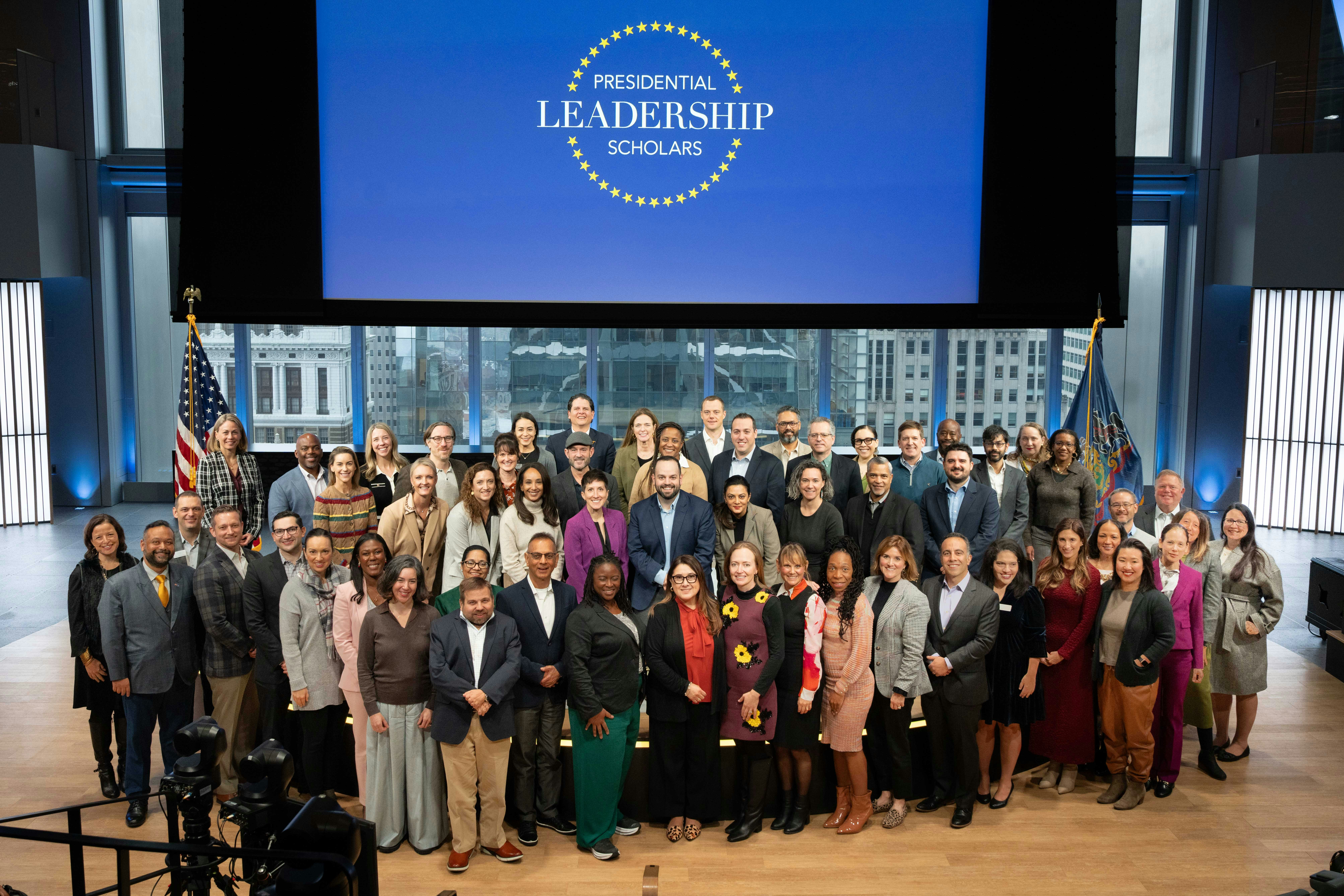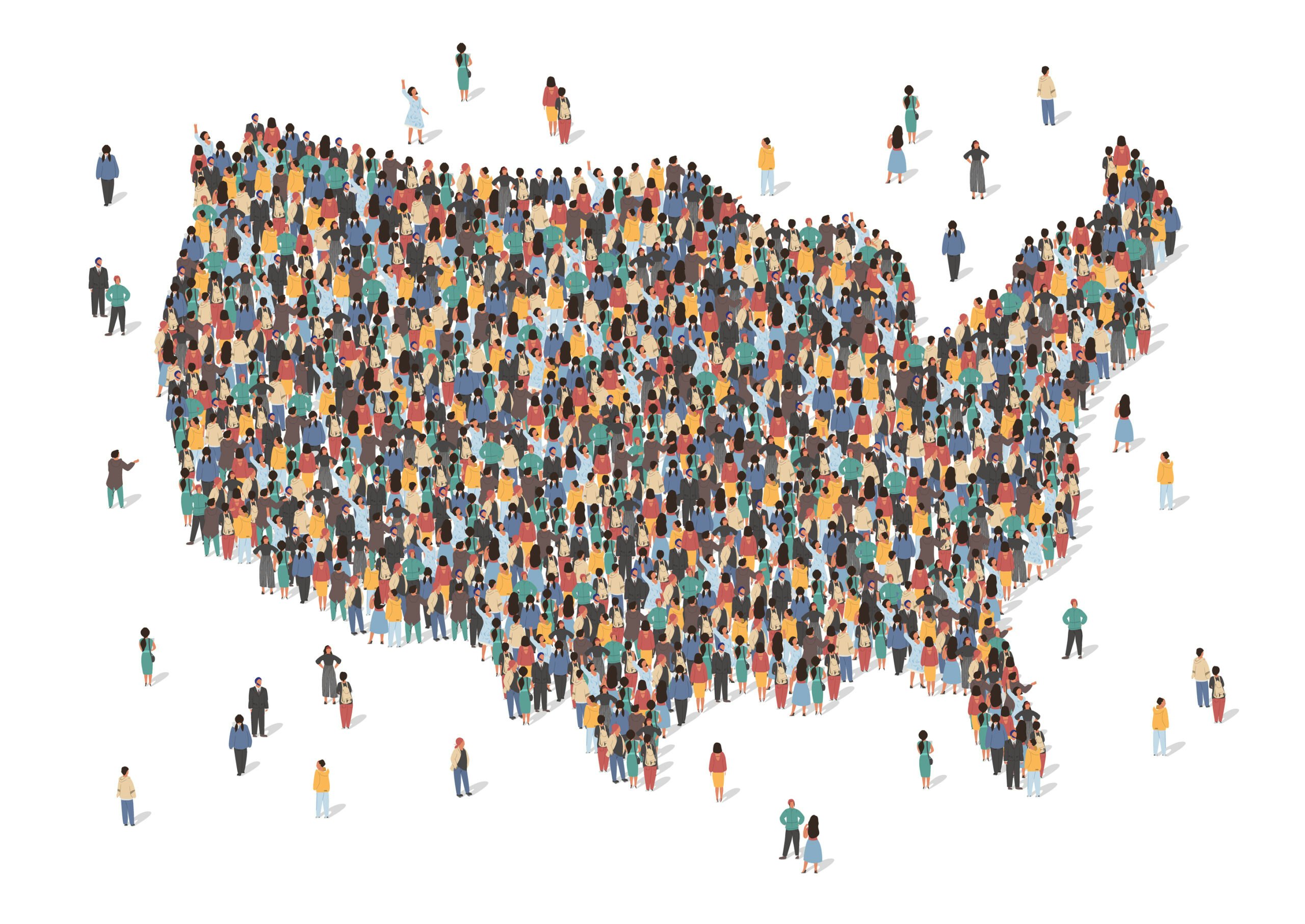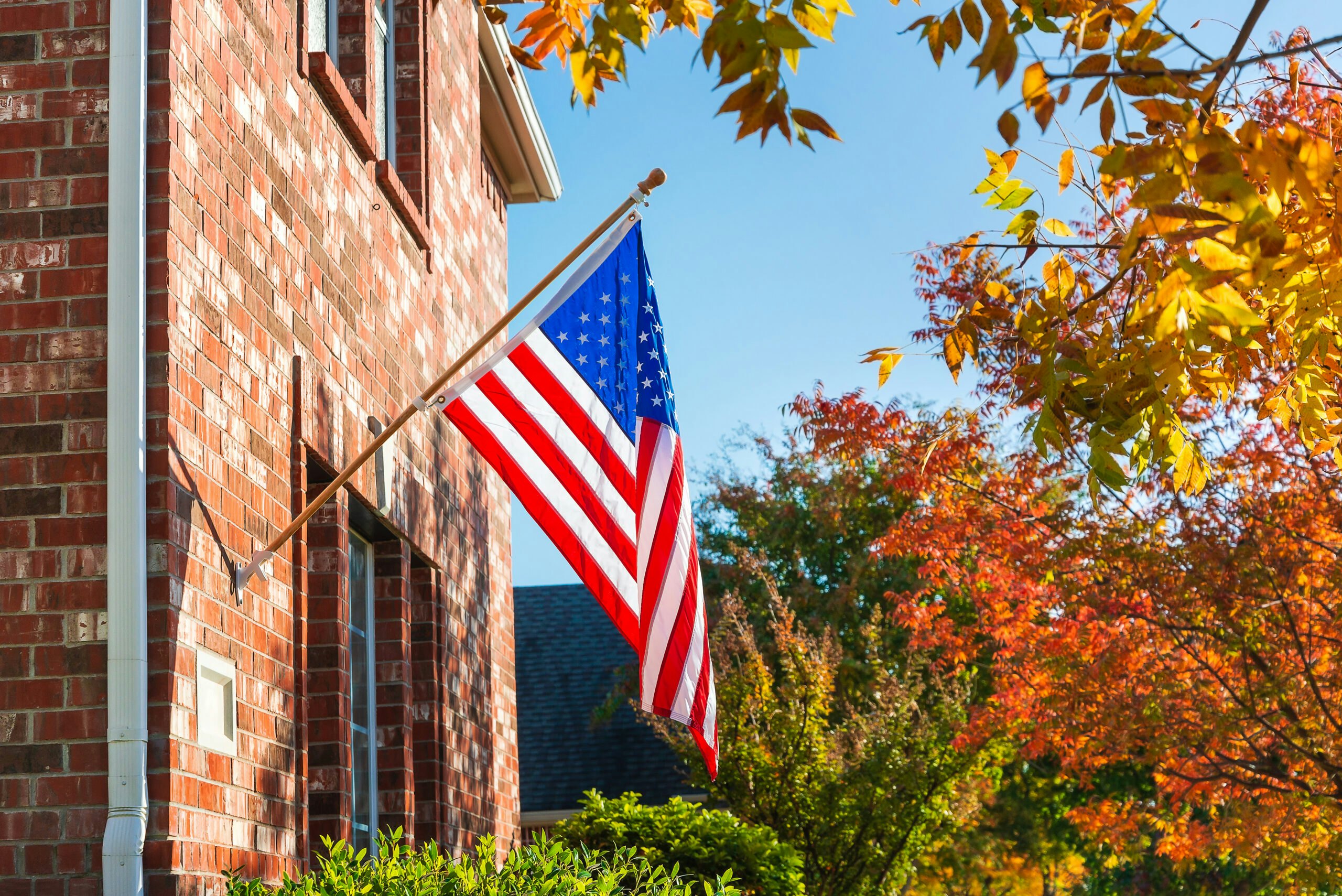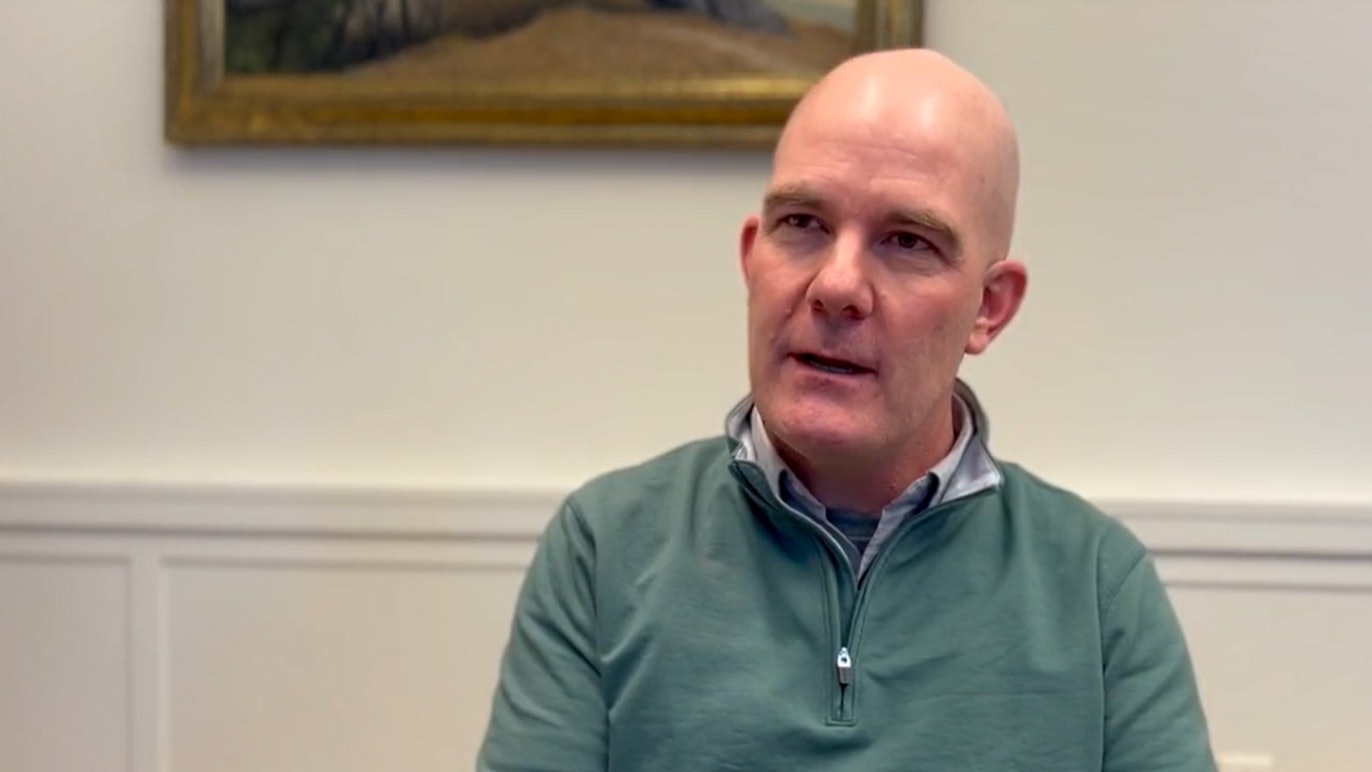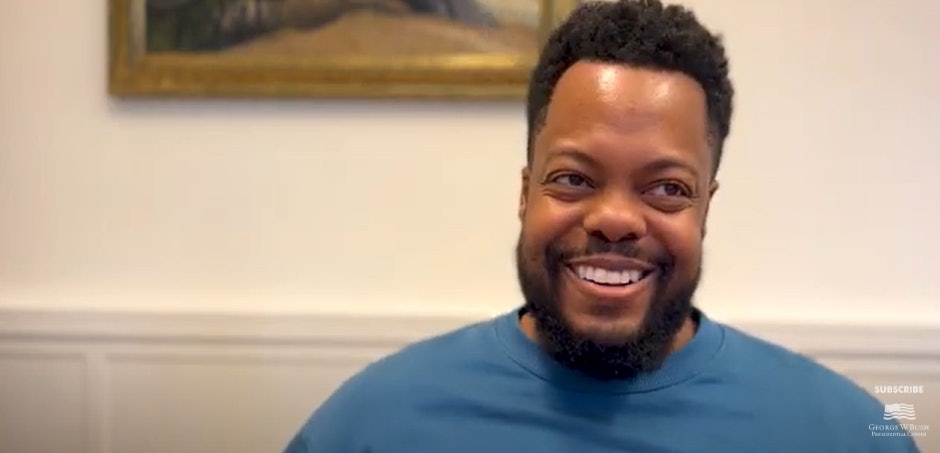“Unity” is a tricky word for a liberal, pluralistic democracy. Our general inclination – particularly given the toxic state of American politics – is that unity is a good thing in this context. I’m sure many of us, if asked, would say our democracy needs more of it.
As a devout pluralist, though, there’s something about the word that makes me uneasy. A democracy of 330 million very different people is going to disagree messily … a lot. And it should! Otherwise, it would cease to be “liberal” or “pluralistic” very quickly.
Terms like “democracy” and “pluralism” should conjure visons of competing groups with conflicting ideas, stark disagreements, and finding ways to navigate differences without violence.
None of that sounds much like unity, which includes definitions in the Merriam-Webster Dictionary like “the quality or state of not being multiple; oneness,” or “a condition of harmony,” or “continuity without deviation or change (as in purpose or action).”
Unity can also put off some dystopian vibes reminiscent of 1984 or The Borg – a cybernetic Star Trek villain which assimilates all humanoid life into its single hive mind. When we think about the word in these negative shades, it understandably generates anxiety over groupthink or imposed harmony.
And yet, our country is the United States of America. Despite people of vastly different backgrounds and beliefs, we are united around foundational values and documents.
Unity isn’t an inherently bad thing, either, particularly in times of crisis. For example, our country became largely united in the wake of shocking attacks like Pearl Harbor and 9/11, which boosted a sense of shared patriotism and resilience among citizens.
It’s these contradictory forces of unity and pluralism, though, that make America possible. How, then, do we reconcile and maintain them?
The American Enterprise Institute’s (AEI) Yuval Levin provides great insight on this front in his new book American Covenant. As he explains, unity in the American context is not thinking alike, but acting together despite our differences. This is a much better way to think about the meaning of unity within our pluralistic democracy.
Levin summarized his book’s main points during a recent AEI event. Here’s an excerpt from that conversation, where he brilliantly articulates the above point and how our founding documents make it work:
We have to work at finding ways to understand our country not in terms of “they” of “those terrible people who are going to ruin everything if they win the next election,” but in terms of “we.” All of us who in some way share a future in common as Americans.
That’s not a case for being nice. It’s not a case for a truce or even for civility – you make a truce with enemies. Citizens are not enemies. Our options are not war or truce.
We are meant to argue with each other precisely because we do share a future in common. We are arguing about that future and what it ought to be. And the stakes are high exactly because we are a “we.”
“We” is actually a very important word in the American political tradition. It’s the first word of that amazing second sentence of the Declaration of Independence: “We hold these truths to be self-evident.”
It’s the first word of the Constitution: “We the people of the United States.”
And that’s not a coincidence. Both of those documents are expressed in the first person plural because they are both examples of a people taking ownership of its common fate as a nation; acting together politically. The Declaration expresses a common commitment to a set of ideals that then underlie a decision, an act of separation taken in common.
The Constitution builds on that premise. Embraces those principles. But it does something that in practical terms may be even more complicated. It establishes a political framework for a society that generally agrees about those fundamental principles, but doesn’t agree about much else. Doesn’t even agree about exactly what those principles mean as a practical matter in a lot of situations. That disagrees about a lot all the time.
The Constitution is exactly about how to make that “we” a reality as a practical matter in the face of division.
We must be able to “act together” as Levin says. This could take various forms that include good-faith arguments over the issues, negotiating political outcomes that mutually satisfy competing stakeholders, or even accepting political losses with the understanding that there will always be opportunities to refine and pursue preferred policies.
Paradoxically, our national “unity,” or whatever you want to call it, depends upon maintaining this commitment that we can simultaneously belong to the United States as a whole – bound by values and principles – and be sovereign individuals who disagree sharply with fellow citizens.
And we have a system, if Americans remain faithful to it, that allows us to dispute our issues without resorting to violent chaos; that protects our God-given rights and allows our full participation even when we’re in the “out group.” That blessing should never be taken for granted.





